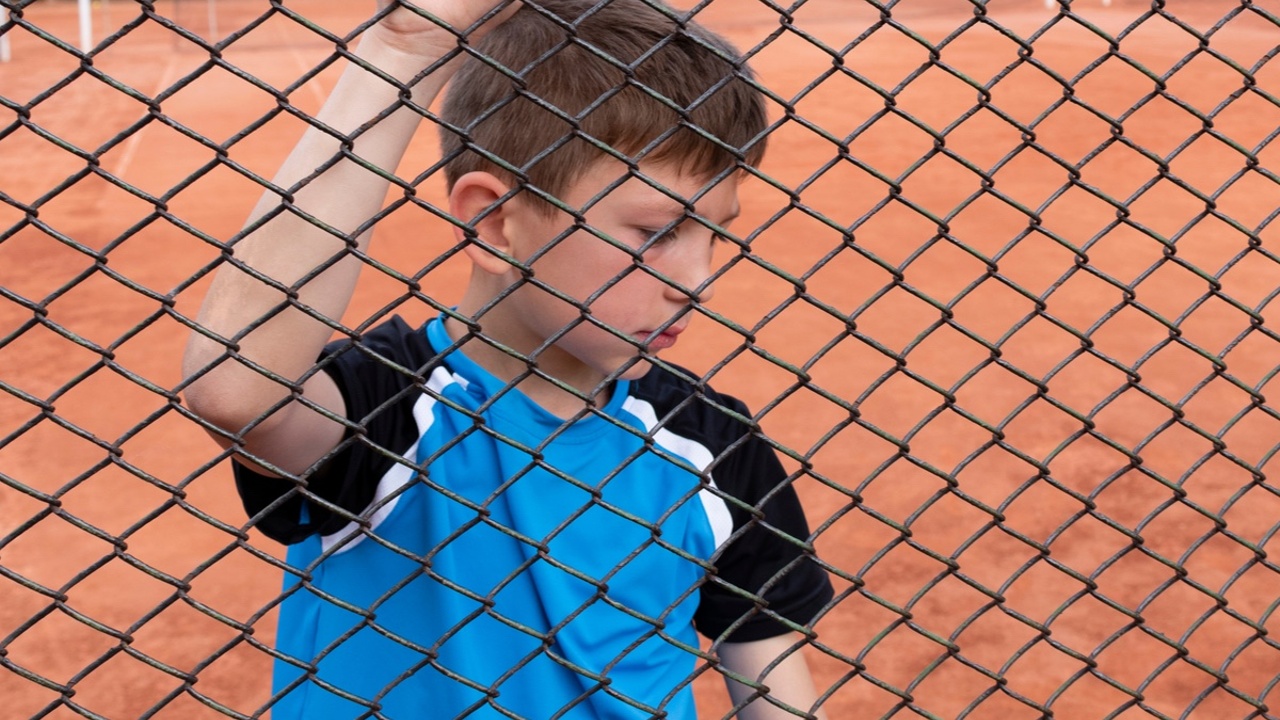WELCOME TO OUR FREE ARTICLES, VIDEOS, AND RESOURCES
Would you like us to send our best free tips, tools, and special offers straight to your inbox?
The 4 Crucial Elements to Successfully Supporting Tennis Parents...

A great passion of mine throughout my career as a sport psychologist has been supporting parents on the tennis parenting journey.
I quickly formed the opinion early in my career that tennis parents in the organisations that I worked were having more influence on player mental toughness outcomes than coaches.
I also learned that National Organisations, the bodies that should be prioritised supporting parents throughout the tennis parenting journey, do a terrible job in this area.
This contributes to i.) consistent parent and coach overwhelm and helplessness, and ii.) poor competitive habits and common issues with well-being for players.
And while coaches generally do their best to support tennis parents in this challenging role, we typically miss some vital elements in successfully assisting parents...
Why do efforts to support parents often fail?
The reason that efforts to support tennis parents often aren't adequate is that those looking to help simply give parents guide...
The 2 Types of Mental Toughness...And Why We Need To Know the Difference

When we watch the ATP and WTA tour players compete, we have the privilege of watching the mentally toughest players on the planet.
And while it may not seem it while watching from the sidelines, playing at the highest level of the game brings huge levels of pressure that have caused many aspiring tennis players to be driven to mental weakness.
The reason that playing the game of tennis creates such huge pressure is that our human brain tends to interpret it more like a life and death situation, especially for those who commit so much of their lives to it.
But one thing I’ve learned over the years, is that even at the highest level, as we watch mentally tough players compete, there are 2 distinct types of mental toughness which are driven by different motivations and results in very different long term consequences both on and off the court.
I call these ‘Healthy Mental Toughness’ and ‘Unhealthy Mental Toughness’.
And while players like Federer and Nadal obviously are fille...
